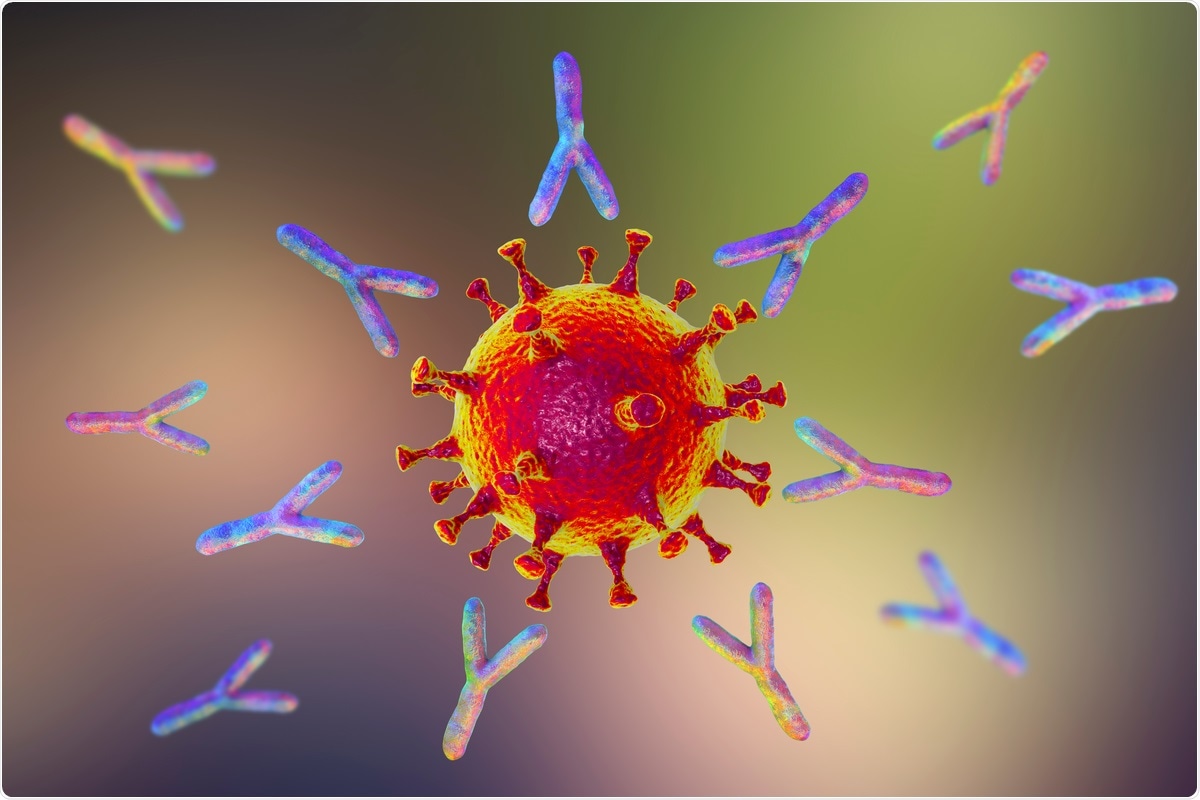Antibody formation poses a variety of problems… What exactly are the distinctions between classes, forms, and types? What are the advantages of recombinant monoclonal antibodies (MAbs) over traditional monoclonal antibodies (mAbs)?
Monoclonal antibodies are used in biomedical research and therapy all around the world. They’re used to fight disease, diagnose it, research it, and develop and test new treatments.
Antibodies are classified into five isotypes, as well as subclasses and forms, and can be produced in vivo or in vitro. To know about monoclonal antibody development, you can browse the internet.

Image Source: Google
The purpose of this short paper is to describe what an antibody is, to point out the differences between hybridoma monoclonal antibodies and recombinant monoclonal antibodies, and to demonstrate how new solutions address the traditional mAb limitations.
Antibodies (Abs) are blood glycoproteins that belong to the immunoglobulin family and make up the majority of the gamma globulin fraction of blood proteins. However, they can also be found in other body fluids.
Each antibody contains a variable Fab region containing a paratope at its end specific for a particular antigenic epitope.
When these two structures are linked together, Ab can flag foreign organisms or infected cells for direct neutralization or allow other cells of the immune system to attack them. Stomach production is a major function of the humoral immune system.